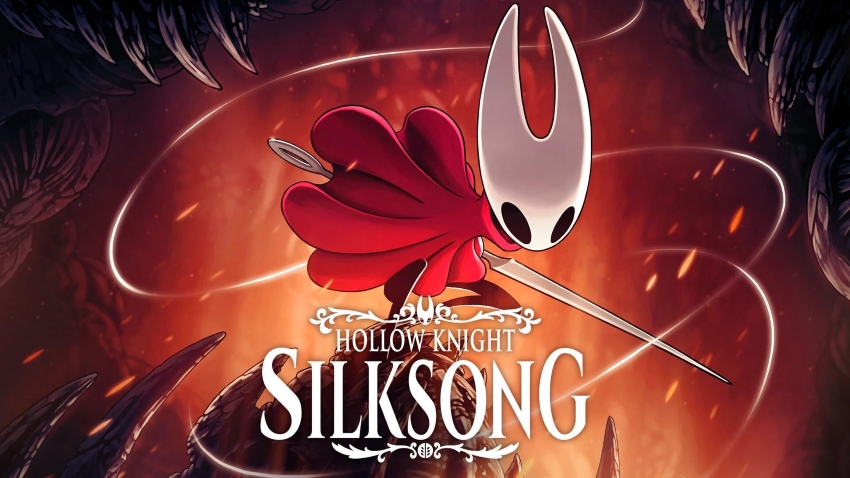Abraham Lincoln is one of, if not the only U.S. President, that you can’t say anything bad about lest you face the wrath of a million angry Americans. And let me tell you something about Americans, you do not want to see us angry.
It is so shocking to see our 16th president portrayed in the way that he is in Steven Spielberg film, Lincoln, released in Fresno on Nov. 16. While the film doesn’t portray Honest Abe (Daniel Day-Lewis) as being as corrupt as, say, Nixon, he did cheat the system a little in order to abolish slavery. Granted, it was all for the greater good, but no matter how you spin it, it’s still dirty politics.
That is, however, what makes Lincoln more than just a History Channel special. Instead of depicting the entire life of everyone’s favorite president in broad strokes, the film focuses on a very specific period, the month leading up to the adoption of the 13th Amendment, for all but the last 30 minutes of its runtime.
Since we all have a general idea of how this story ends, the film decides to delve into the backdoor dealings that made abolition possible.
The film opens in January 1865, which should be a happy time for Mr. President. Unfortunately, the vote on the 13th Amendment, (which, for those of you who weren’t paying attention in history class, is the one that abolishes slavery) is fast approaching, and no Democrats want it to be passed. To make matters worse, his wife, Mary Todd (Sally Field), is slowly losing her sanity, and his son, Robert Todd (Joseph Gordon-Levitt), wants to join the army.
With that, Lincoln makes the choice to hire several “Field Operatives” to travel to various towns to sway Democratic congressmen. Oh yeah, did I also mention that one of the operatives, William N. Bilbo (James Spader) was in jail for a period of time?
It’s an interesting approach to the material that, in this case, really works. I would even say that this is Spielberg’s best film since Saving Private Ryan.
The first thing that comes to mind about this movie is Daniel Day-Lewis’ turn as Lincoln. Not only is the makeup and voice fantastic, but he also portrays the man’s fragility exceptionally well. It’s not often in a movie that Abraham Lincoln yells at someone, but in this one he does, and it doesn’t feel out of place. Instead, it feels like a natural reaction of a man who is seen under extreme stress throughout the film.
While the film may sound exceptionally serious, it is quite funny at times. Granted it is humor of a very 1800s variety, but that doesn’t make the film’s wit any less sharp.
My only problem with this film is its ending. I know, I know, Lincoln has to die for it to be accurate, but the film deals with his death in a less graceful way than it could have. Other than that, the film is perfect, and I can’t recommend it enough.
Lincoln is rated PG-13 for an intense scene of war violence, some images of carnage and brief strong language. The film runs at 150 minutes and is playing at most local theaters.
For more reviews, read the Nov. 19 article, Twilight series comes to an end, takes emotional toll.






